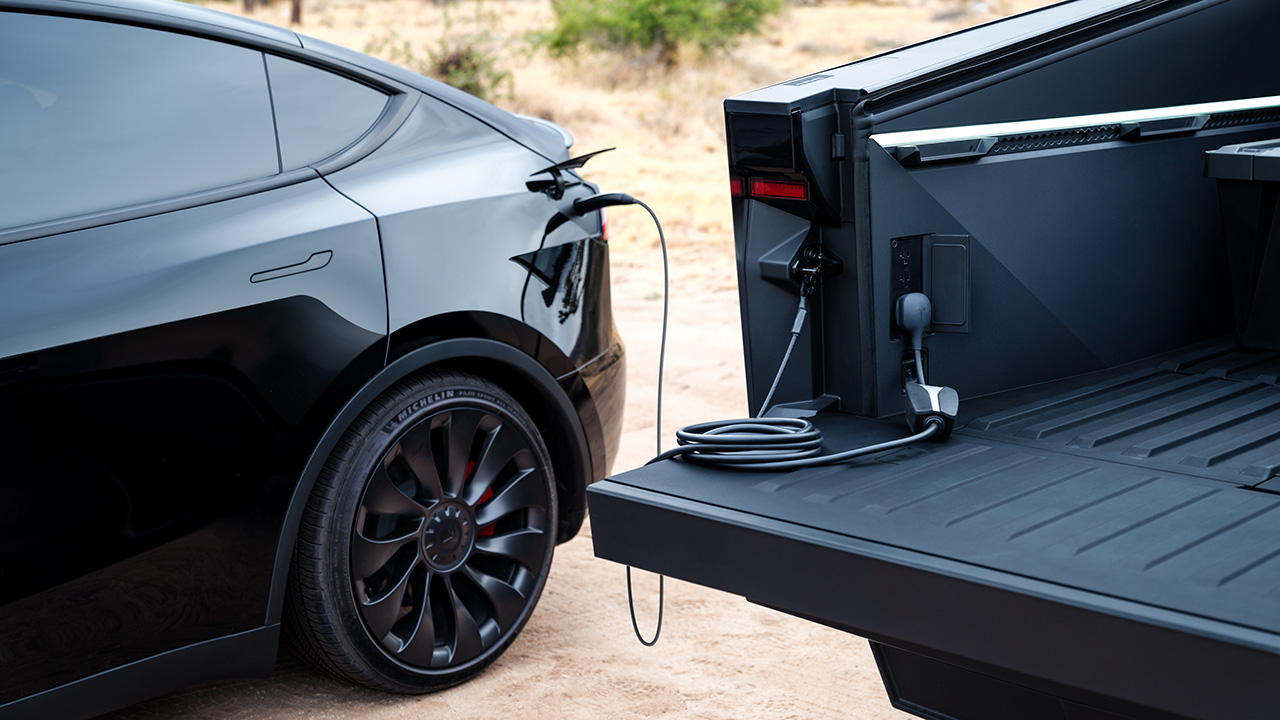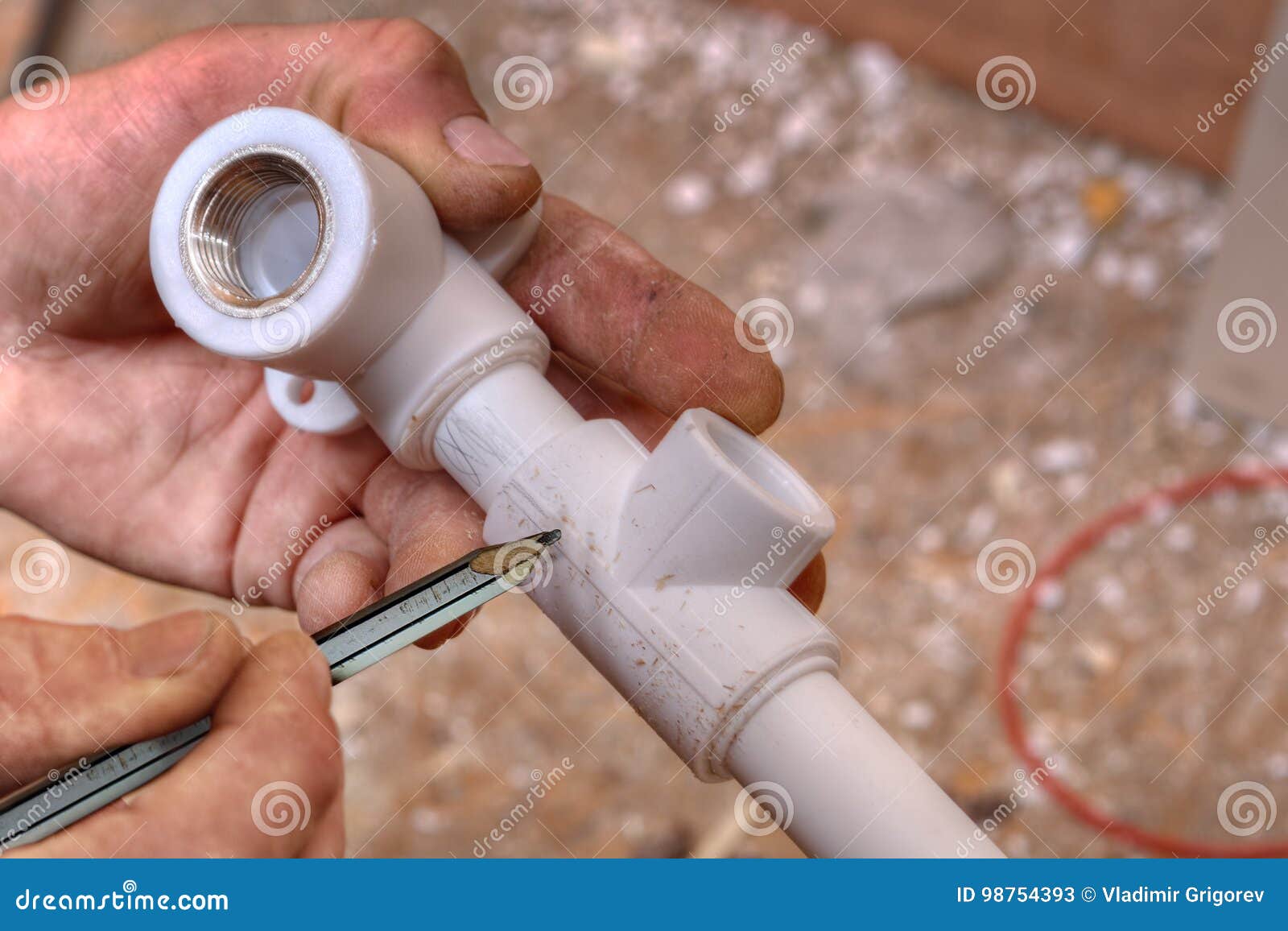The Ongoing Battle: Car Dealerships Resist EV Mandate Push

Table of Contents
Financial Concerns and Infrastructure Limitations
The transition to selling and servicing EVs presents significant financial hurdles for car dealerships. Many are hesitant to embrace the change due to substantial upfront investments and uncertainties surrounding market demand and profitability.
High Initial Investment Costs
Adapting to the EV market requires dealerships to make considerable investments. This includes:
- Technician Training: EV repair and maintenance require specialized skills and training that existing technicians may lack.
- Specialized Equipment: Dealerships need to invest in specialized tools and diagnostic equipment for EV servicing, which can be very expensive.
- Showroom Modifications: Showrooms may require upgrades to accommodate EV displays and charging infrastructure.
- Charging Infrastructure Investment: Building or installing charging stations on dealership premises is a considerable capital expense.
The lack of substantial government support or subsidies for these infrastructure changes further exacerbates the financial burden on dealerships. Many feel they are being forced to shoulder the costs of a national transition without adequate compensation.
Uncertainty Regarding EV Market Demand and Profit Margins
Dealerships are also wary of the long-term profitability of EV sales. Several factors contribute to their anxieties:
- Lower Profit Margins: The profit margins on EV sales are currently lower compared to gasoline vehicles, impacting dealerships' bottom lines.
- Uncertainty about Consumer Demand: The long-term growth and stability of the EV market remain uncertain, making it difficult for dealerships to plan for future investments.
- Concerns about Resale Values: The resale value of EVs is still relatively unknown, raising concerns about potential losses on used EV inventory.
Current EV market share, while growing, is still relatively small in comparison to internal combustion engine (ICE) vehicles. While predictions for future growth are positive, this uncertainty creates hesitancy among dealerships regarding large-scale investments.
Resistance from Established Dealer Networks
The resistance to EV mandates isn't solely driven by financial concerns. It stems from deeply entrenched business models and established infrastructure.
Entrenched Business Models and Existing Infrastructure
The traditional dealership model is heavily reliant on high-margin gasoline vehicle sales and a service infrastructure designed for internal combustion engines. This includes:
- Focus on High-Margin Gasoline Vehicle Sales: Dealerships have historically profited significantly from the sale and servicing of gasoline vehicles.
- Existing Service Infrastructure: Their existing service bays, tools, and technician expertise are geared towards ICE vehicles.
- Dependence on Established Supplier Networks: Dealerships have established relationships with suppliers of parts and services for gasoline vehicles. Shifting to EVs requires building new relationships and adapting to new supply chains.
These deeply ingrained aspects of the business model make a rapid transition to EVs a significant challenge.
Lobbying Efforts and Political Pressure
Dealership associations are actively lobbying against rapid EV mandates, arguing for:
- Phased Transitions: They advocate for a gradual shift towards EVs, allowing dealerships time to adapt their infrastructure and business models.
- More Government Support and Incentives: They request greater government support in the form of subsidies, tax breaks, and training programs to ease the transition.
These lobbying efforts exert considerable political pressure, influencing government policies on EV adoption timelines and implementation strategies. Examples such as the recent lobbying efforts by the National Automobile Dealers Association (NADA) in the US demonstrate the significant impact these groups have on shaping legislation.
Consumer Adoption Challenges and the Role of Dealerships
Consumer adoption of EVs is also a critical factor in the ongoing debate. Addressing consumer concerns is vital for successful EV mandate implementation, and dealerships have a key role to play in this process.
Range Anxiety and Charging Infrastructure Concerns
Several factors hinder consumer adoption of EVs, including:
- Limited Range: The range of many EVs remains a concern for consumers, particularly those living in rural areas or traveling long distances.
- Lack of Widespread and Reliable Charging Infrastructure: The scarcity of public charging stations, particularly fast chargers, is a major obstacle.
- Concerns about Charging Times and Costs: The time it takes to charge an EV and the associated costs are also deterrents for some potential buyers.
Overcoming these concerns is critical for widespread EV adoption.
Educating Consumers and Addressing Misconceptions
Dealerships play a critical role in educating consumers about EVs, addressing misconceptions, and building consumer confidence:
- Providing Accurate Information: Dealerships must provide accurate information about EV technology, benefits, and charging infrastructure.
- Transparent Communication: They need to communicate transparently about the costs and maintenance of EVs.
This clear and accurate information is essential for dispelling anxieties and encouraging consumer adoption.
The Need for a Balanced Transition Strategy
Achieving a successful transition to EVs requires a balanced approach that considers both the concerns of dealerships and the need for faster adoption. This includes:
- Government Incentives and Support: Increased government support and incentives are necessary to help dealerships invest in the necessary infrastructure.
- Investment in Charging Infrastructure: Significant investment in widespread and reliable public charging infrastructure is essential.
- Public Awareness Campaigns: Public awareness campaigns are needed to educate consumers about the benefits of EVs and address their concerns.
- Technician Training Programs: Government-funded or supported training programs are needed to equip technicians with the skills required to service EVs.
A phased approach, coupled with comprehensive support measures, can help alleviate the concerns of dealerships while ensuring a timely transition to a more sustainable automotive future.
Conclusion
The ongoing battle between EV mandates and the resistance of car dealerships highlights a complex interplay of financial concerns, infrastructure limitations, and consumer adoption challenges. Dealerships face significant upfront costs, uncertainty about market demand, and the need to adapt their existing business models. However, their role in educating consumers and providing necessary service is crucial for a successful transition. A collaborative approach involving government agencies, the automotive industry, and dealerships, focusing on financial incentives, infrastructure development, and consumer education, is essential to navigate this challenge effectively. Join the debate on EV mandates and understand the ongoing battle around EV adoption by contacting your representatives and participating in relevant discussions. Let’s work together to build a sustainable future for the automotive industry.

Featured Posts
-
 2 1 Victory For Real Madrid Reactions From Simeone And Ancelotti
May 29, 2025
2 1 Victory For Real Madrid Reactions From Simeone And Ancelotti
May 29, 2025 -
 The Future Of The New York Rangers Analyzing Recent Roster Moves
May 29, 2025
The Future Of The New York Rangers Analyzing Recent Roster Moves
May 29, 2025 -
 Proceso De Escolarizacion En Aragon 58 Colegios Con Riesgo De Sorteo
May 29, 2025
Proceso De Escolarizacion En Aragon 58 Colegios Con Riesgo De Sorteo
May 29, 2025 -
 Embezzlement Conviction Le Pens Witch Hunt Allegation At Paris Gathering
May 29, 2025
Embezzlement Conviction Le Pens Witch Hunt Allegation At Paris Gathering
May 29, 2025 -
 Characters Who Will Likely Not Return In Stranger Things Season 5
May 29, 2025
Characters Who Will Likely Not Return In Stranger Things Season 5
May 29, 2025
Latest Posts
-
 Constance Lloyd The Untold Story Of Oscar Wildes Wife And Her Sacrifice
May 31, 2025
Constance Lloyd The Untold Story Of Oscar Wildes Wife And Her Sacrifice
May 31, 2025 -
 Rosita Sweetman Constance Lloyd Oscar Wildes Wife And The Cost Of His Fame
May 31, 2025
Rosita Sweetman Constance Lloyd Oscar Wildes Wife And The Cost Of His Fame
May 31, 2025 -
 Plumber Makes Odd Find In Homeowners Basement
May 31, 2025
Plumber Makes Odd Find In Homeowners Basement
May 31, 2025 -
 Womans Basement Holds A Surprise A Plumbers Unexpected Discovery
May 31, 2025
Womans Basement Holds A Surprise A Plumbers Unexpected Discovery
May 31, 2025 -
 Unusual Basement Discovery Plumbers Strange Find During Home Visit
May 31, 2025
Unusual Basement Discovery Plumbers Strange Find During Home Visit
May 31, 2025
